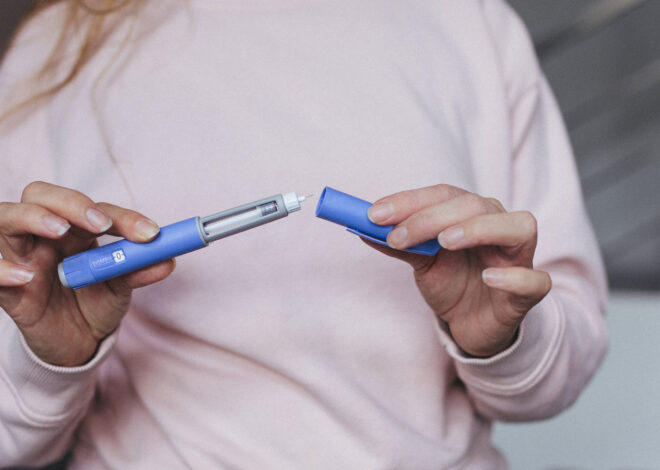
Science Says A Natural Compound In Coffee May Help Reduce Your Type 2 Diabetes Risk (But There’s A Catch) – Health Digest
Coffee — sometimes the morning just can’t start without it. That first sip? You can almost feel it coursing through your veins, waking you up from the inside out. And that might be exactly what you need to get yourself to the gym or meet up with your favorite running group.
Coffee on its own doesn’t offer much in the way of vitamins and minerals, but it’s not completely empty either. You might be surprised to learn that an 8-ounce cup of coffee is a good source of riboflavin and vitamin B5. It even contains a small amount of potassium and magnesium. (Here’s everything you wanted to know about coffee.)
What really makes coffee worth drinking (aside from that energizing jolt of caffeine) is its polyphenols. According to a 2025 review in the International Journal of Molecular Sciences, the chlorogenic acids in coffee have antioxidant, anticancer, and cholesterol-lowering properties. These compounds can also slow the absorption of sugar into your bloodstream. Other acids in coffee may help increase insulin levels and reduce the enzymes that break down carbohydrates, making it a smart pick for lowering your risk of type 2 diabetes.
The only catch? You’ll want to cut back on added sugar and cream to get the full benefit for your blood sugar and insulin levels. (On the other hand, you should stop drinking coffee if this happens to you.)
How coffee may control your blood sugar
The chlorogenic acid in coffee is the most-studied polyphenol, and it’s found in green coffee beans. However, this compound is reduced during roasting, so lighter roasts tend to have more of it. In addition to slowing the absorption of glucose, chlorogenic acid activates pathways in your body that help it use glucose more efficiently to fuel your cells. As a bonus, it also reduces oxidative stress and inflammation.
Caffeic acid helps promote insulin secretion, which lowers blood glucose by directing it into your cells for energy. Ferulic acid improves how your liver processes glucose and may benefit your gut microbiome. It also protects your pancreas, the organ that produces insulin. Meanwhile, p-Coumaric acid supports fat metabolism and helps transport glucose to your tissues.
To keep your blood sugar in check, you’ll need to cut back on added sugars and fat. Added sugar can increase your risk of diabetes by putting stress on your liver and contributing to weight gain, which is a key risk factor for type 2 diabetes. Saturated fat can also lead to weight gain while also increasing inflammation and insulin resistance. A 2022 study in Metabolites looked at the effects of coffee sweetened with sugar and cream in people with type 2 diabetes. Those who regularly drank this sweet and creamy coffee were 25% more likely to have higher fasting blood sugar and A1c levels.
How to enjoy the benefits of coffee without sugar
If the idea of drinking black coffee turns you off, there are a few ways to ease into it. If it’s that sugar fix that helps you enjoy coffee, try cutting back gradually. For example, if you usually add two teaspoons of sugar, reduce it to 1.5 teaspoons for a week, then slowly continue dialing it down as your taste buds adjust.
Artificial sweeteners might seem like a good workaround, but they could backfire when it comes to blood sugar. A 2023 article in Diabetes Care found that people who consumed more artificial sweeteners had a higher risk of developing type 2 diabetes. Just a little artificial sweetener can make a difference. People who consumed more than 18 milligrams of artificial sweetener a day had a 70% higher risk of developing type 2 diabetes. To put that into context, a packet of Splenda has 12 milligrams of sucralose (per Medical News Today).
If the bitterness of black coffee is the issue, try adding cinnamon, nutmeg, or other warm spices to offset the bitterness. A splash of vanilla or almond extract can also add a hint of sweetness without the sugar. Even better, stir in a little unsweetened cocoa powder. Not only does it cut the bitterness, but a 2017 review in Antioxidants found that the flavonoids in cocoa may help improve insulin function and keep blood sugar in check.





